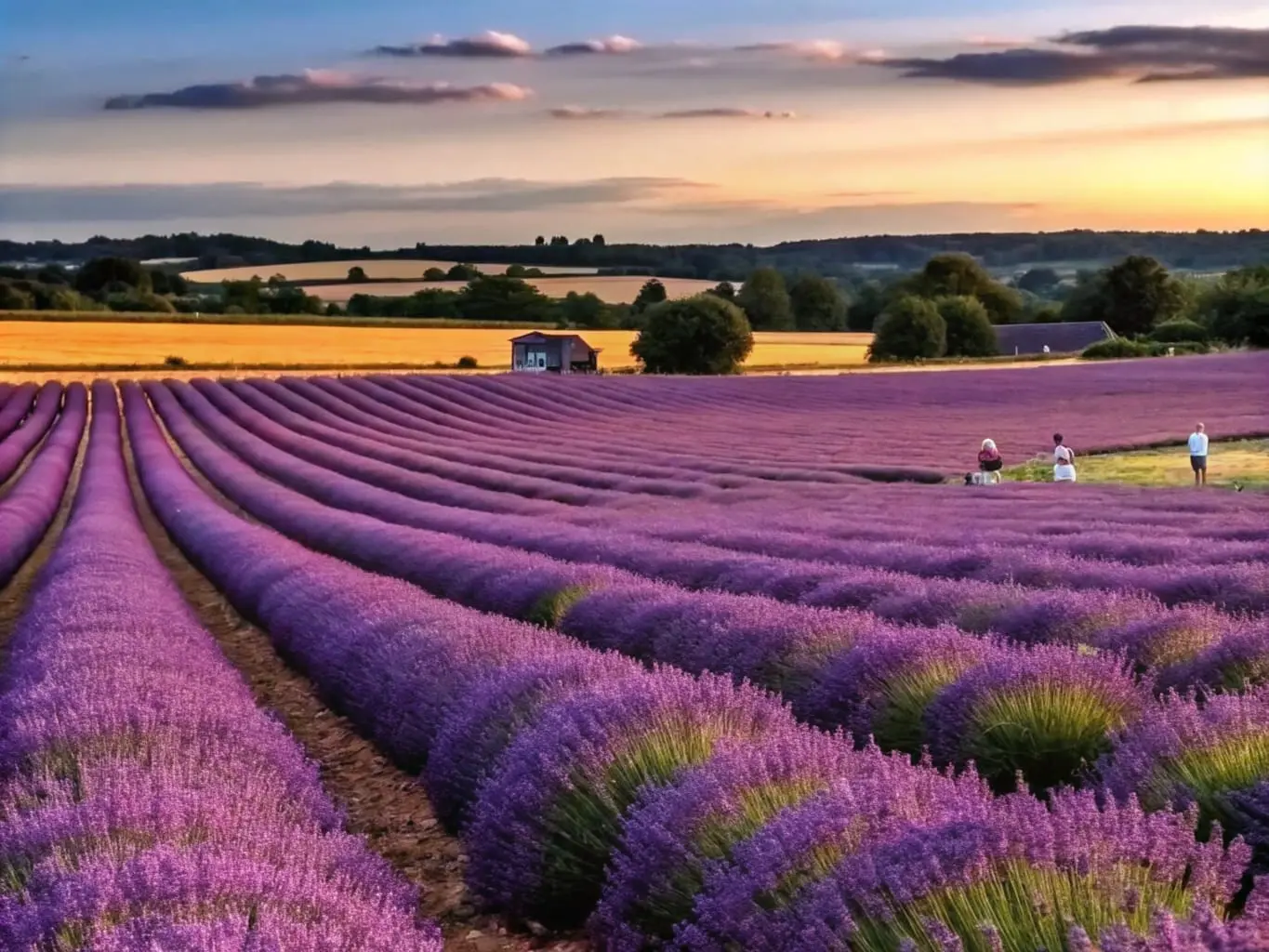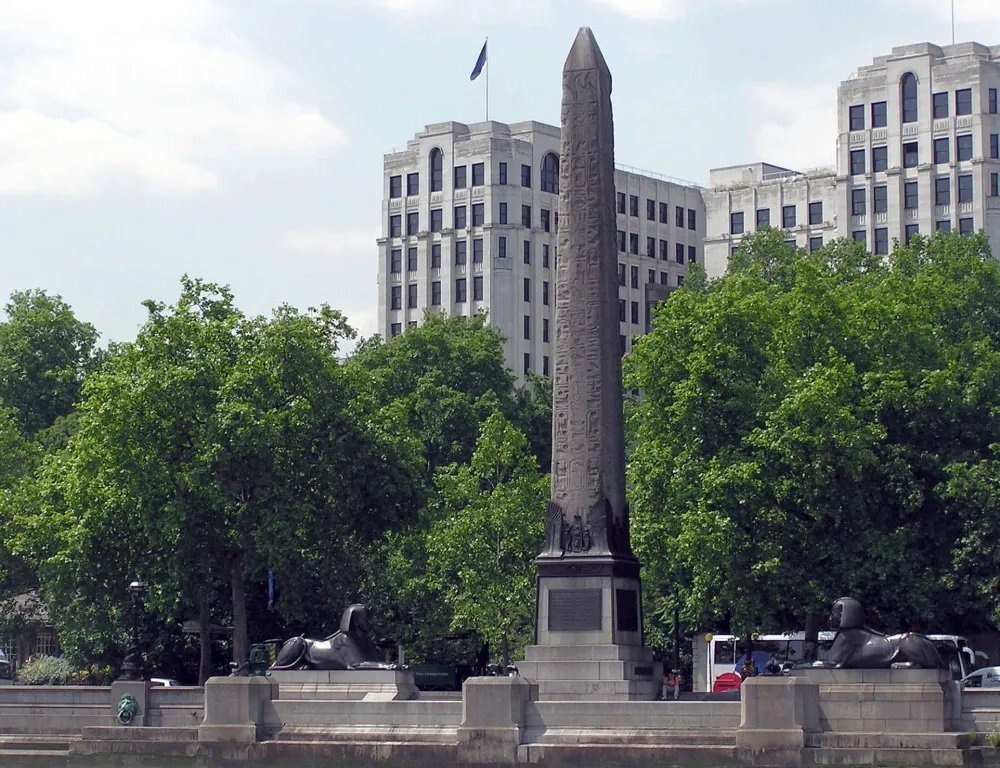5 Unexpected Beauty Spots In London’s Green Belt
In 1914, Aston Webb shared his ideas of London a century in the future with the London Society. This is what he said: "...they shall have a beautiful sylvan line around the city, with its open spaces and pleasure grounds, preserved for the enjoyment of all townsfolk under a town planning scheme..." This vision was called a green belt.
Webb's forecast turned out to be right. In the 1930s, action was being taken to protect the British countryside from indiscriminate urban development. Two green belts now exist in the country, comprising over one-tenth (12.4%) of British land, with a potential population of more than 30 million people.
Around the edges of many of the urban areas are York and Newcastle, Birmingham, and Oxford, but the most extensive and well-known is the 486,000 hectares stretching from the M25 into the suburbs of Greater London. This green belt embraces some commuter zones, such as Guildford, Sevenoaks, and St Albans, in addition to some unexpected stunning beauty spots for a weekend escape.
1. Ivinghoe Beacon, Buckinghamshire
Located in a region rich with wildflowers and ancient woodlands, Ivinghoe Beacon is the prominent starting point of The Ridgeway, a National Trail spanning the Chiltern Hills. Visitors often share the hill with dog walkers and model aircraft enthusiasts, but the area has been inhabited for centuries. Archaeological findings date back to the Bronze Age, with burial mounds and faint outlines of an Iron Age hillfort at the summit.
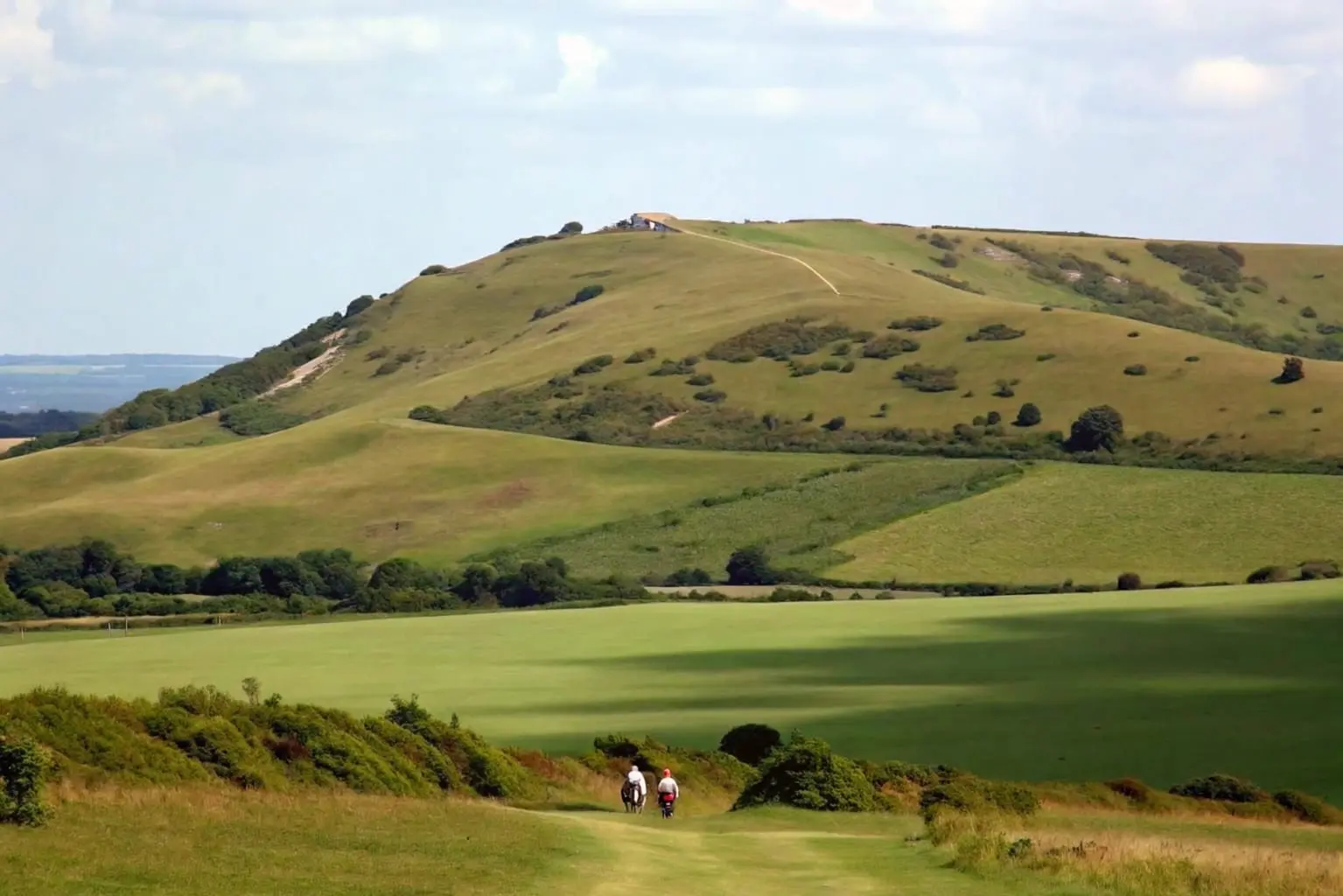
The 10-mile circular walk around Ivinghoe Beacon offers chances to see rare butterflies, red kites, and glowworms. The hill is also a notable filming location for several Harry Potter movies, with scenes from "The Goblet of Fire" shot here.
How to visit
The nearest train stations are in Tring and Dunstable, from where you can take a bus or taxi to Ivinghoe Beacon. For those driving, enter “Ivinghoe Beacon Circular Walk Car Park” into your navigation system.
Stay here
Consider staying at the Kings Arms Hotel in Berkhamsted, less than a 20-minute drive away. The hotel is described as a resurgent coaching inn in the heart of Berkhamsted, offering a vibrant hub of food, drink, and comfortable rooms.
2. The Devil’s Punch Bowl, Surrey
Legend has it that the Devil created the natural amphitheater by throwing great handfuls of Earth at the god Thor. Regardless of its origins, the Devil’s Punch Bowl in Surrey offers a refreshing escape from the city. Since 2011, when the congested A3 section was rerouted through the Hindhead Tunnel, the site has become even more pleasant. The old road is now a footpath within the park.
The 4.5-mile walk around the punchbowl provides the best views in winter when the terrain is unobstructed by trees. The pit also features shady woods and babbling brooks.
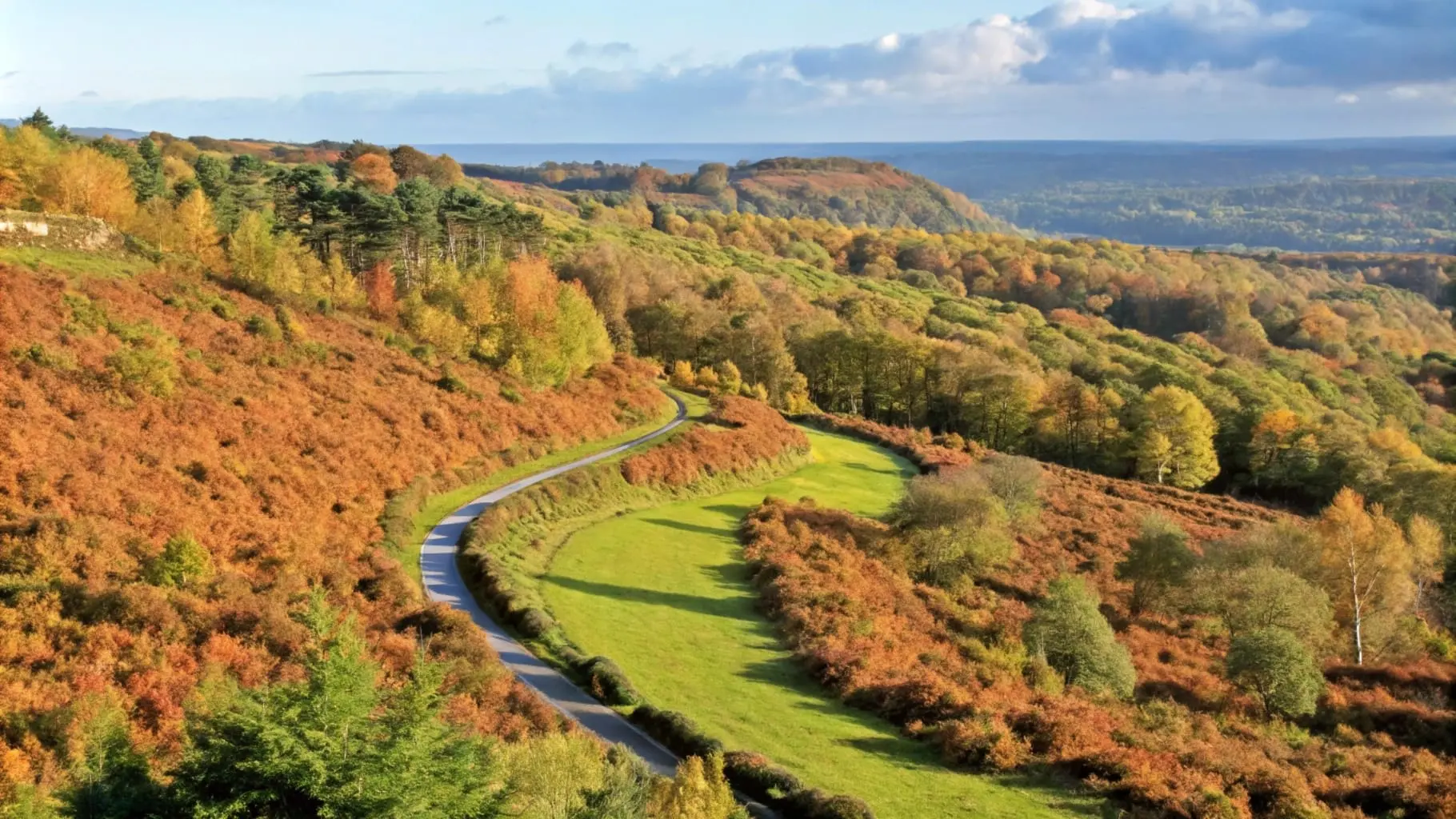
How to visit
Haslemere Station, with connections to London, is three miles away, where you can catch a bus to the site. The Devil’s Punch Bowl National Trust car park (GU26 6AB) costs £4 or is free for National Trust members.
Stay here
The Merry Harriers Hotel in Hambledon, a 20-minute drive away, offers crackling fires, contemporary bedrooms, and a welcoming atmosphere. Guests can also enjoy llama trekking through the scenic Surrey Hills.
3. The villages of Essex
In the eastern part of London’s green belt, delightful villages like Greensted-juxta-Ongar, home to the world's oldest wooden church, can be found. Nearby Ongar was once the final stop on a Central Line branch, now revived as the Epping Ongar Railway.
Other picturesque villages in the Essex countryside include Finchingfield, known for its village green and duck pond, Thaxted, famous for its Morris Men, and Dedham, set in the landscape made famous by John Constable.
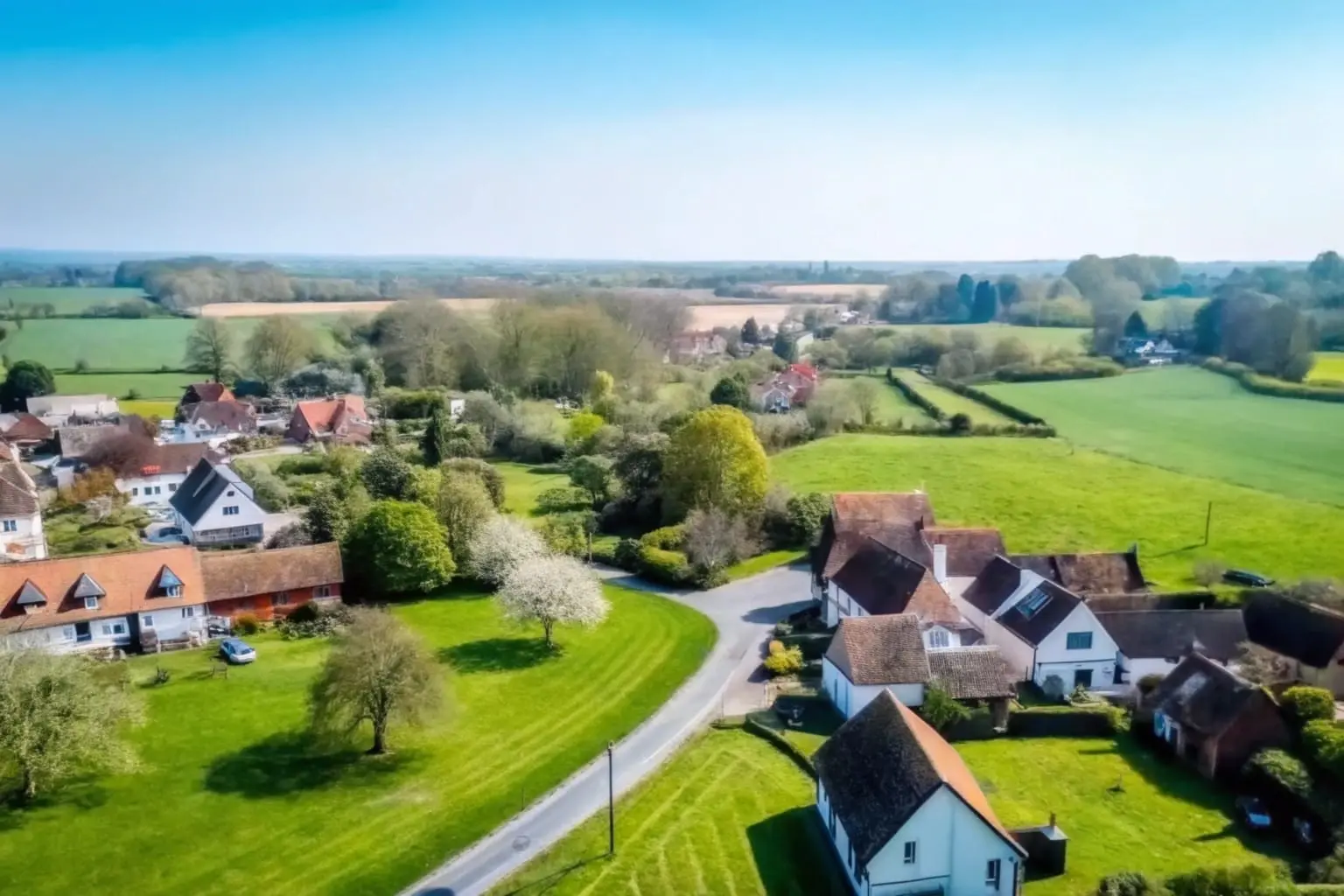
How to visit
Connections to London are available from Epping, with the Epping Ongar Railway offering a scenic journey to Ongar. The villages are also easily accessible by car from the M25.
Stay here
There are numerous pubs with rooms in the area. For a unique experience, consider Colemans Farm, which offers a treehouse (The Old Oak) and a glass-roofed pyramidal room (The Trap).
4. Denbies Vineyard, Surrey
Denbies, one of the largest single-estate vineyards in the country, is set against the North Downs. It features seven miles of public footpaths across 650 acres. The vineyard also hosts the Bacchus Wine Half Marathon & 10k event in September, inspired by the Marathon du Médoc in Bordeaux.
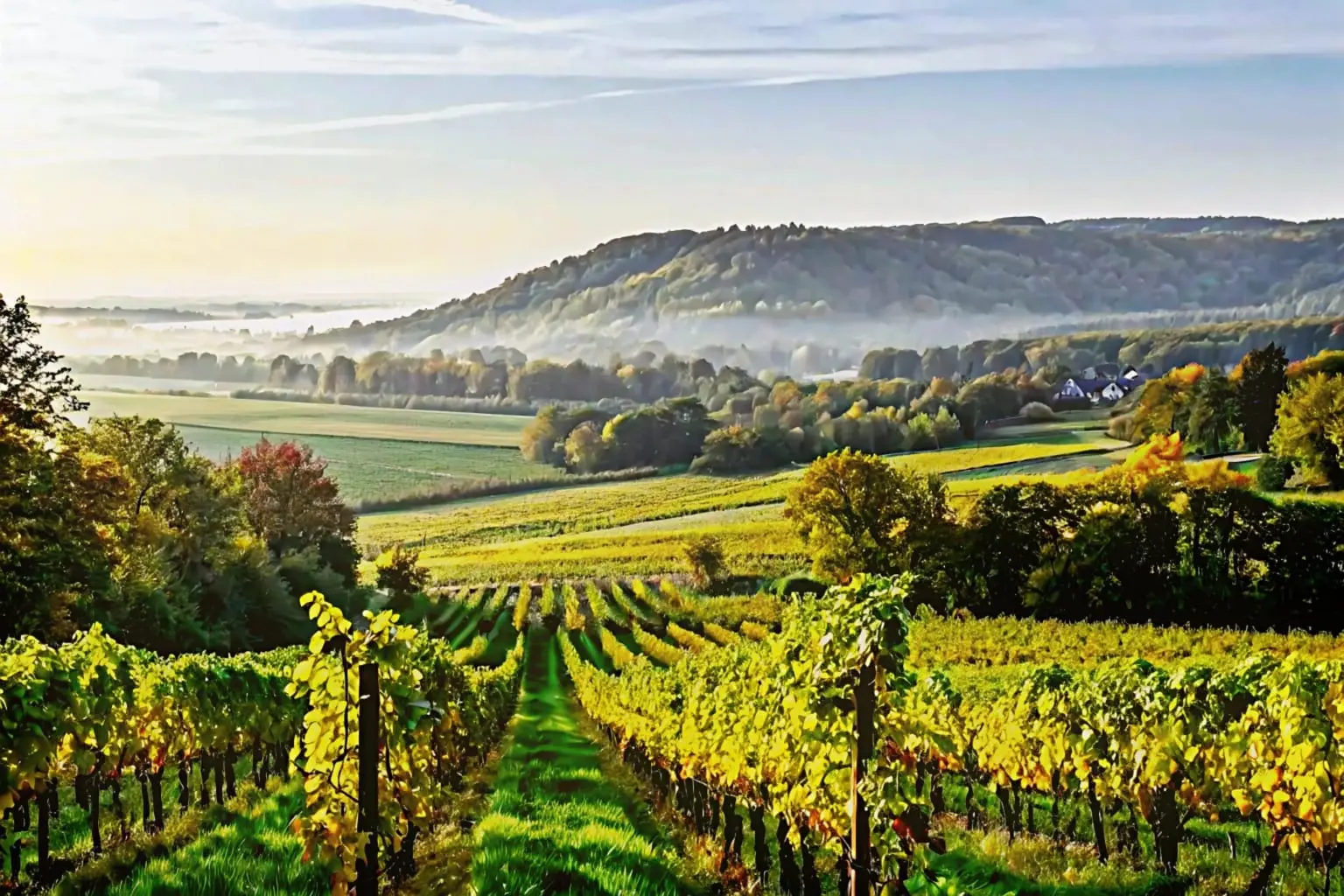
How to visit
Denbies is a pleasant 15-minute walk from both Dorking and Box Hill and Westhumble stations, which provide easy access to London. For drivers, leave the M25 at Junction 9 and follow the A24 south towards Dorking.
Stay here
Denbies offers its own Vineyard Hotel with 17 en-suite rooms and a new restaurant and bar area. Alternatively, consider staying at Beaverbrook nearby for a glimpse into British high society with its original artworks and landscaped gardens.
5. Hitchin Lavender Fields, Hertfordshire
Hitchin Lavender Fields, located 11 miles from Luton Airport, has grown in popularity due to social media. The farm, primarily in the business of growing lavender for oil, now attracts visitors from around the world.
How to visit
Direct trains from London to Hitchin take just over half an hour. Alternatively, drive up the A1 and follow signs to Ickleford.
